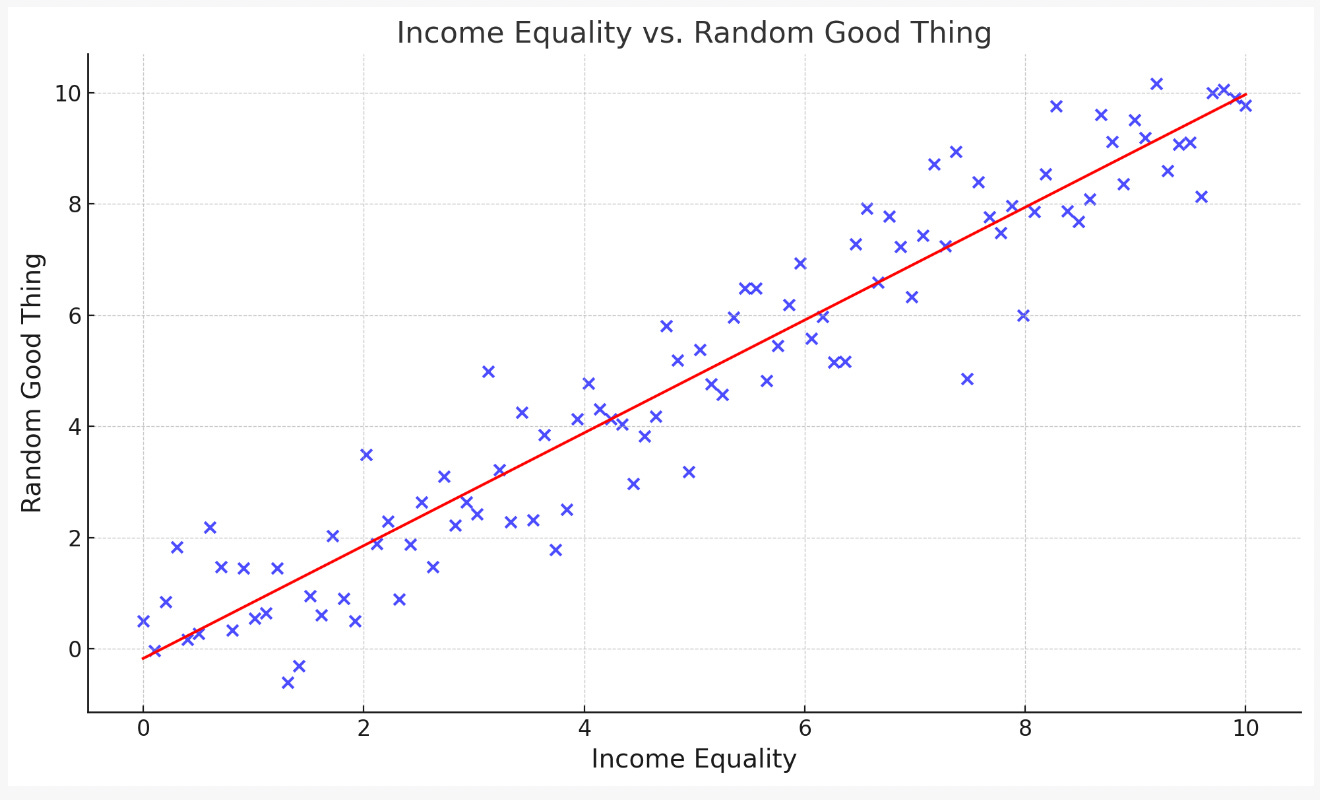1. It would be useful if there was an Effective Altruists’ guide to the 2024 UK General Election (as well as guides for other national elections).
I’m lazy and I can’t be bothered to figure out which party is probably going to be the best on AI safety or pandemic preparedness, can someone just tell me? Even YIMBYism and climate change are trickier to figure out than you would expect.
(Maybe I should do this project? Would anyone be willing to work with me? Would anyone be willing to fund me? It would probably mostly just involve asking smart people what they reckon when the manifestos are released and unscientifically aggregating their views into one big report - any takers?)
Maybe lots of people are pretty partisan and would be reluctant to endorse [party they hate]’s policies regardless of how good they were. One solution, favoured by those ‘Which party should you vote for?’ websites (e.g. here), is just to offer you policies to vote on and you don’t get to know whose policy is whose until you get your result at the end. I guess experts on AI would already know which was the Labour policy and which was the Conservative policy, though? Thoughts?
2. There are some words that I think are annoying and that you shouldn’t use.
One of them is ‘utilise’. Just use ‘use’. A few people have made the case to me that ‘utilise’ actually means something different to ‘use’. Amusingly, they’ve all made different arguments about what it is that ‘utilise’ means. Some people claim that ‘utilise’ means using something in a way that it wasn’t intended to be used, other people claim that ‘utilise’ specifically means using something as a tool (whatever that means), and others claim that it’s simply the correct term to use when writing formally. Just use ‘use’!
‘Furthermore’ and ‘moreover’ are also irritating. Come on, you don’t say those words in real life! The only thing that worries me here is that I haven’t completely figured out what the best alternative here is, and it does make sense that you want to indicate that you’re offering another argument for the point you’re making, but ‘furthermore’ is just too ugly and clunky. I think sometimes I’ve resorted to ‘another thing worth noting is…’, which is probably even worse than ‘furthermore’. ‘Also’ and ‘On top of that’ don’t seem so awful, I suppose.
Then there’s the typical (and clearly stupid) Effective Altruist jargon: ‘on priors’, ‘conditional on X’, ‘orthogonal’, ‘delta’, ‘this updates me significantly’, ‘object-level and meta-level’, and so on. I’ve probably used most of these. Some suggested replacements that don’t completely fit but are good enough: ‘Intuitively’, ‘If X’, ‘unrelated’, ‘change’, ‘This changes my mind’, [I’m not sure about object-level and meta-level].
3. Why are people on the internet so mean?
Posting my own writing online is always such a jarring reminder that people are so needlessly negative and critical.
Some fake examples I made up but capture the spirit of the sort of comments every writer online gets: ‘this article is insanely dumb, do I even need to explain why?’, and ‘Yes, by the very irrelevant measures you have chosen, your argument makes sense. Out here in the real world, it’s mind-numbingly stupid’ and ‘I don’t think you’ve even begun to think about this properly. I would recommend that you start with a textbook on the topic but I’m not sure you’d get much out of it’.
And actually, I do sort of get it. It’s much more tempting to comment when you think an article was dumb and wrong than when you think it was insightful and interesting: I have something I want to correct the author on, why not offer that correction? If I were more thin-skinned, I think this attitude from would-be commenters would’ve put me off writing forever.
The first few articles I wrote on this Substack only received negative comments (mostly on Reddit, not in the comments here). After a few months of writing, I think I got some nice emails, which I remain grateful for. Be nicer! Be friendlier! Be more complimentary! I like Bryan Caplan on friendliness:
Now I agree that libertarians could use a public relations makeover. But what we need isn’t more humility, but greater friendliness. Smile. Laugh at yourself. Look for and enjoy the good in people who don’t agree with you. Appreciate your good fortune to be alive during the best years humanity has ever had. Live by the wisdom of The Godfather: “I believe in friendship and I am willing to show my friendship first.”
4. I want to re-read The Spirit Level, the book that convinced everyone that income inequality is bad. If I remember it correctly, it was basically just a load of scatterplots that looked like this:
Equality is good, it’s correlated with all these great things! Better mental health, higher life expectancy, more cute puppies per capita… I don’t want to do the book a disservice by just flagrantly misrepresenting it, but if my memory is right, it’s nuts that people were so taken in by this.
Here’s the Guardian review:
The graphs also reveal that it is not just the poor, but whole societies, from top to bottom, that are adversely affected by inequality. Although the UK fares badly when compared with most other OECD countries (and is the worst developed nation in which to be a child according to both Unicef and the Good Childhood Inquiry), its social problems are not as pronounced as in the US.
Rates of illness are lower for English people of all classes than for Americans, but working-age Swedish men fare better still. Diabetes affects twice as many Americans as English people, whether they have a high or a low level of education. Wherever you look, evidence favouring greater equality piles up. As the authors write, "the relationships between inequality and poor health and social problems are too strong to be attributable to chance".
Well, of course the correlations aren’t by chance. But why should we assume that they’re causal? What happens when we control for a load of different things? And what does the quasi-experimental evidence say about all this stuff?
I guess I’m not making a strong comment on this book in particular, and maybe the evidence was a little more convincing (but even if they did whack in a few controls, it still isn’t compelling at all). But really: how easy would it be to fool everyone into believing some inane thesis you have, or that lots of other people have? A few scatterplots with lines drawn through them and you have a best-seller!






regarding use / utilize, I agree: never use a big word when a diminutive word will suffice
On the manifestos, I tried to do this last time. I'd be interested in working together.